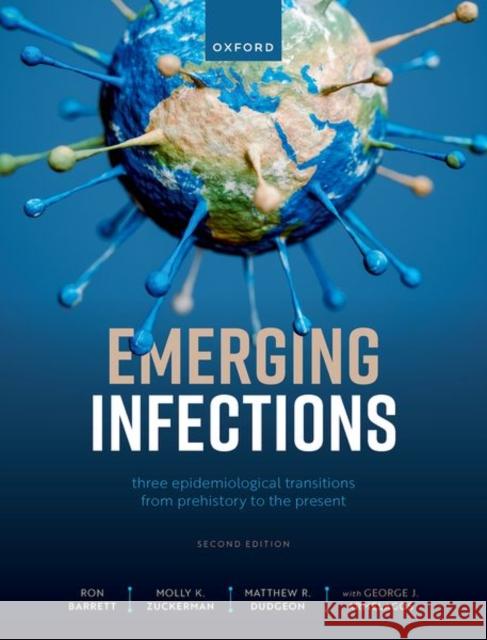Emerging Infections: Three Epidemiological Transitions from Prehistory to the Present » książka
topmenu
Emerging Infections: Three Epidemiological Transitions from Prehistory to the Present
ISBN-13: 9780192843135 / Twarda / 2024 / 288 str.
Emerging Infections: Three Epidemiological Transitions from Prehistory to the Present
ISBN-13: 9780192843135 / Twarda / 2024 / 288 str.
cena 411,84
(netto: 392,23 VAT: 5%)
Najniższa cena z 30 dni: 386,73
(netto: 392,23 VAT: 5%)
Najniższa cena z 30 dni: 386,73
Termin realizacji zamówienia:
ok. 16-18 dni roboczych.
ok. 16-18 dni roboczych.
Darmowa dostawa!
Kategorie BISAC:
Wydawca:
OXFORD HIGHER EDUCATION
ISBN-13:
9780192843135
Rok wydania:
2024
Ilość stron:
288
Oprawa:
Twarda











